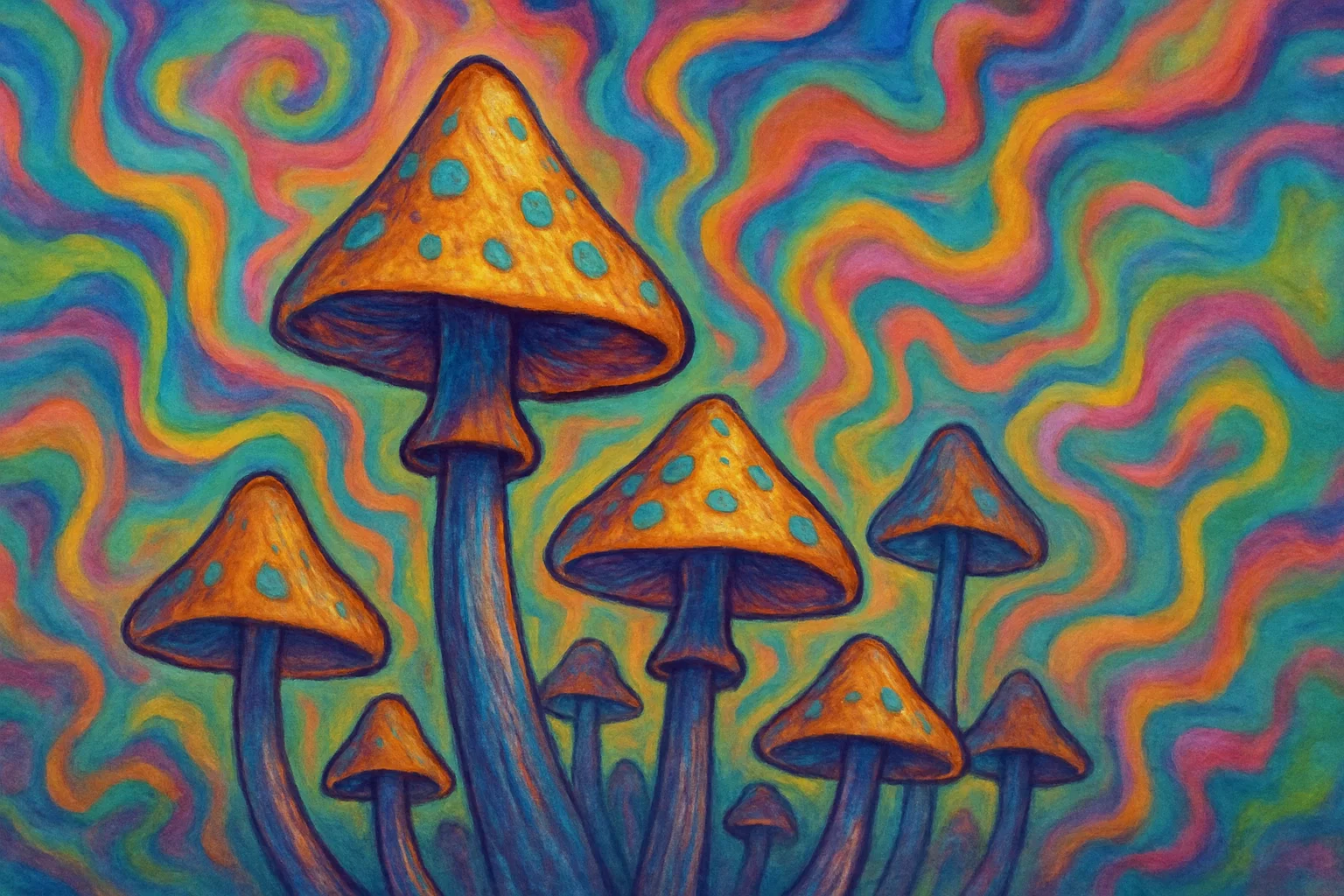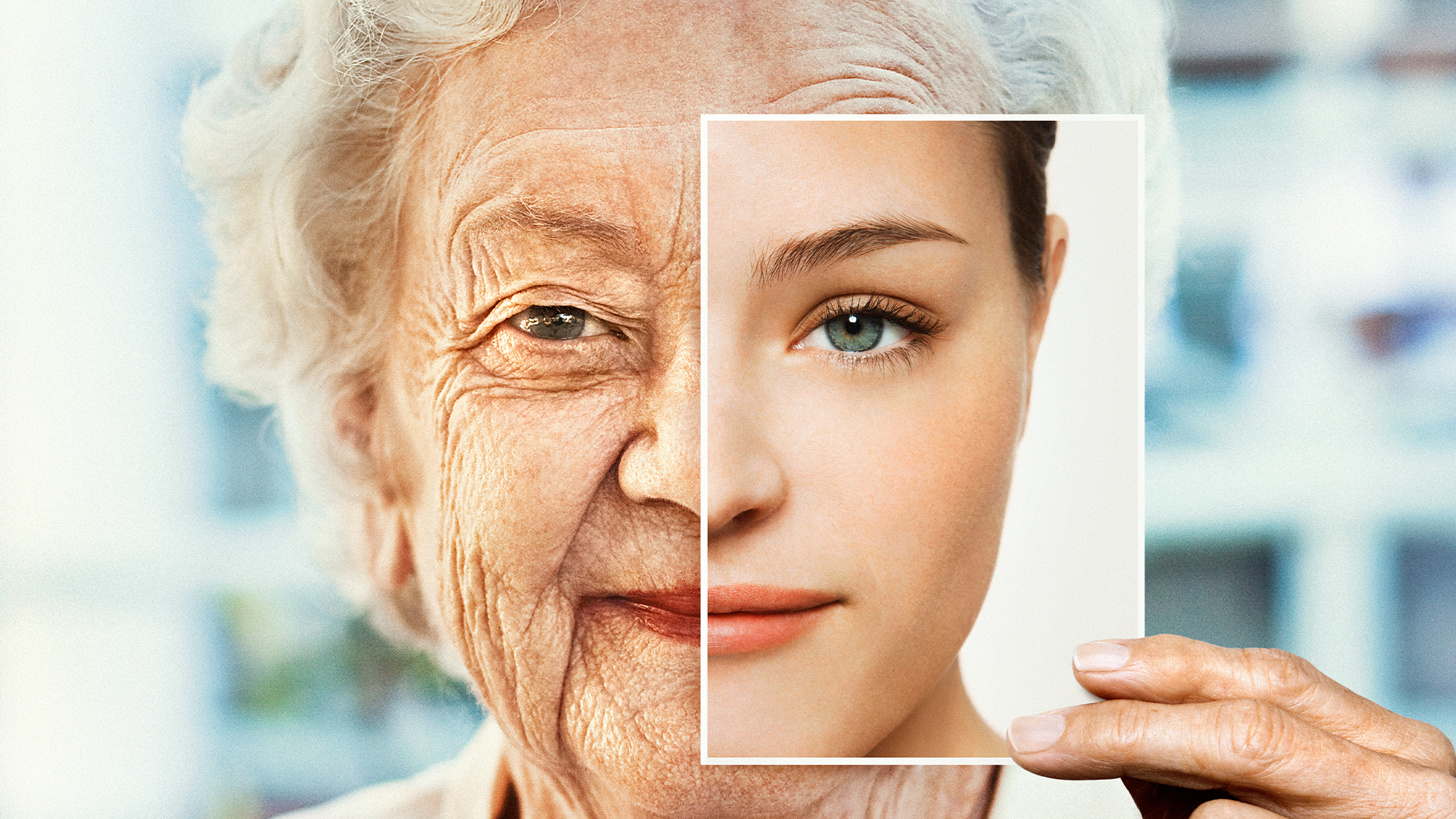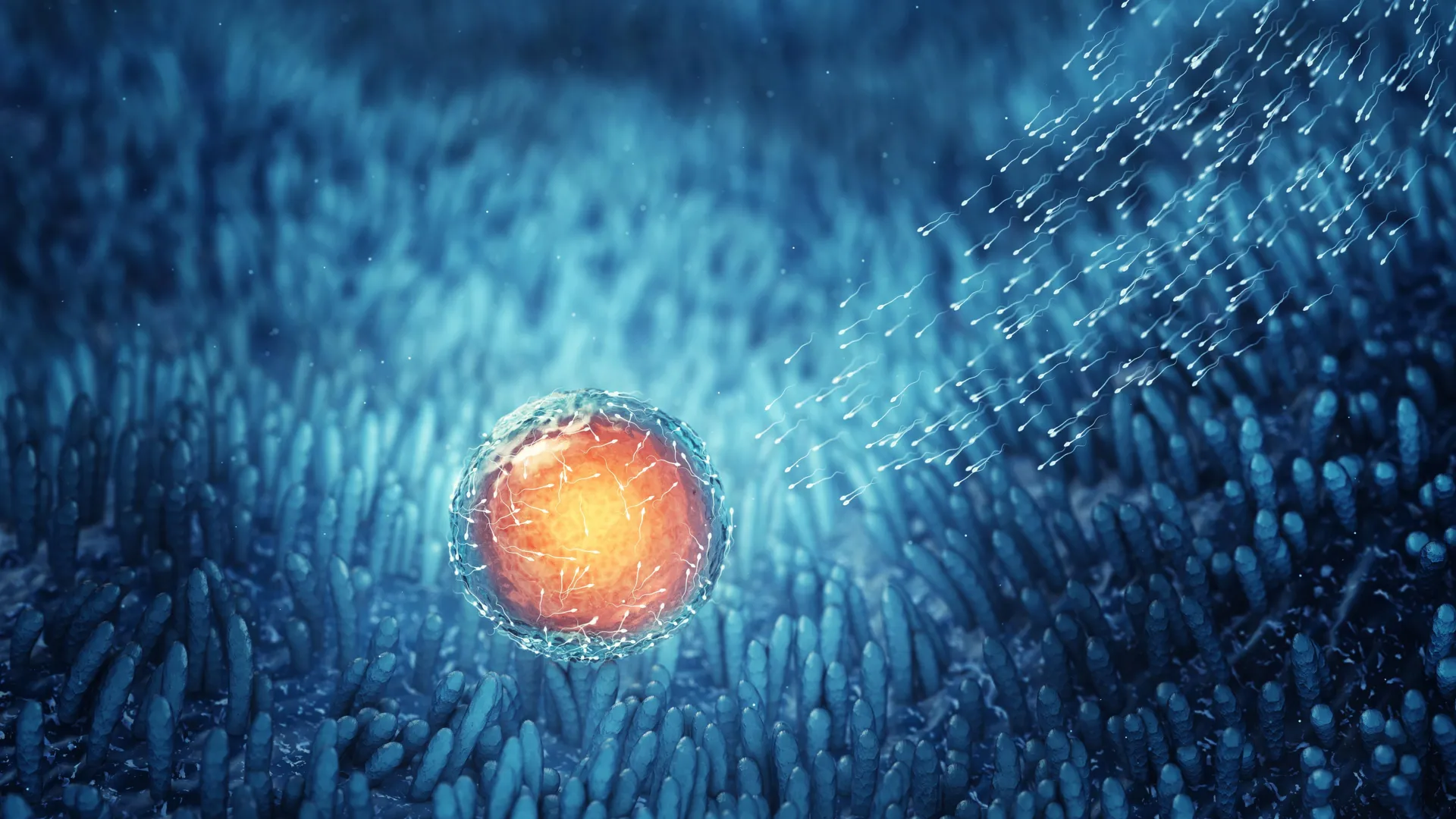Summary
In a new study published this month in npj Aging, researchers report that psilocybin slowed down key aspects of the aging process. When tested on both isolated human cells and living mice, the drug extended cellular lifespan, preserved DNA structures that typically degrade with age, and increased the survival rate of elderly mice by 60%.
Source: ZME Science

AI News Q&A (Free Content)
Q1: What recent scientific study suggests that psilocybin could have anti-aging benefits?
A1: A study published in npj Aging reports that psilocybin slowed down key aspects of the aging process. The research showed that psilocybin extended the cellular lifespan, preserved DNA structures that typically degrade with age, and increased the survival rate of elderly mice by 60%.
Q2: How does psilocybin affect the serotonin receptors in the brain?
A2: Psilocybin, once ingested, is converted to psilocin, which acts as a non-selective agonist of the serotonin receptors, particularly the serotonin 5-HT2A receptor. This activation is responsible for the hallucinogenic effects of psilocin and other serotonergic psychedelics.
Q3: What is the potential therapeutic application of psilocybin in modern medicine?
A3: Psilocybin is being studied as a possible treatment for psychiatric disorders such as depression, obsessive-compulsive disorder, and substance use disorders. It is in late-stage clinical trials for treatment-resistant depression, highlighting its potential as a psychiatric medicine.
Q4: What historical uses of psilocybin mushrooms have been documented?
A4: Psilocybin mushrooms have been used in spiritual and divinatory ceremonies in Mesoamerica before the 16th century. They are depicted in Stone Age rock art in Africa and Europe, indicating their long history of use in human culture.
Q5: What are the systemic impacts of psilocybin treatment according to recent research?
A5: Recent research provides experimental evidence that psilocin, the active metabolite of psilocybin, extends cellular lifespan and promotes longevity in aged mice. This suggests that psilocybin may be a potent geroprotective agent.
Q6: What does the legal status of psilocybin mushrooms look like worldwide?
A6: Psilocybin and psilocin are classified as Schedule I drugs under the United Nations 1971 Convention on Psychotropic Substances. This classification denotes drugs with a high potential for abuse and no recognized medical uses, although psilocybin mushrooms have had medicinal and religious uses in various cultures.
Q7: How has the research into psilocybin been affected by laws and regulations?
A7: The increasingly restrictive drug laws of the 1960s and 1970s curtailed scientific research into psilocybin and other hallucinogens. However, interest in psilocybin has rekindled in recent years, partly due to its potential therapeutic applications and the increased availability of cultivation information.
References:
- Psilocybin mushroom - https://en.wikipedia.org/wiki/Psilocybin_mushroom
- Psilocybin - https://en.wikipedia.org/wiki/Psilocybin
- Legal status of psilocybin mushrooms - https://en.wikipedia.org/wiki/Legal_status_of_psilocybin_mushrooms
- Psilocybin treatment extends cellular lifespan and improves survival of aged mice - Title: Psilocybin treatment extends cellular lifespan and improves survival of aged mice.
- Evolution of longevity, age at last birth and sexual conflict with grandmothering - Title: Evolution of longevity, age at last birth and sexual conflict with grandmothering.





